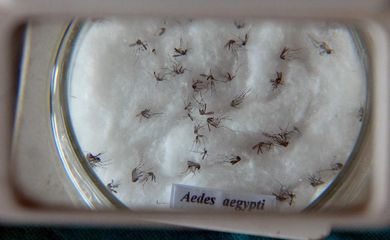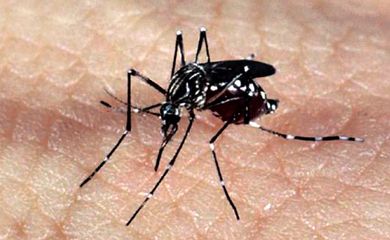Brazil reports 3,000 suspected Zika-related microcephaly cases
Data released Tuesday (Jan. 5) by the Health Ministry showed that 3,174 suspected cases of microcephaly linked to Zika virus in newborns have been reported. The cases have happened throughout 684 municipalities in 21 Brazilian states. For the first time, a case in Amazonas state is under investigation. Other 38 deaths are also under investigation: babies infected by microcephaly, possibly linked to the Zika virus.

The Health Ministry had not disclosed the exact number of newborns who have not received the confirmation of having microcephaly linked to Zika virus. The disease is confirmed after babies undergo neurological and imaging tests, like the transfontanellar ultrasound and CT.
Since it began disclosing weekly newsletters, the Ministry publicly confirmed 134 cases and dismissed 102.
Pernambuco state continues with the highest number of suspected cases (1,185), having 37.33% of the total cases reported throughout the country. Following it, there are Paraíba (504), Bahia (312), Rio Grande do Norte (169), Sergipe (146), Ceará (134), Alagoas (139), Mato Grosso (123) and Rio de Janeiro (118).
Transmitted by Aedes aegypti, the Zika virus has circulated in Brazil since 2014, but the first reports by the Ministry of Health only began in May 2015. Until then, the only information on the disease was that its evolution was benign and that symptoms were milder than those of dengue and chikungunya fever, transmitted by the same mosquito.
However, on November 28th, the Health Ministry confirmed that when pregnant women are infected by the virus, it can transmit microcephaly to the fetus, causing irreversible central nervous system malformation that can be associated with neurological, visual, and auditory damage.
Microcephaly is not a new disease and can be contracted by several sources, like toxoplasmosis infection, or cytomegalovirus and now, as confirmed, also by the Zika virus. The use of alcohol and drugs during pregnancy can also cause the disease.
Translated by Amarílis Anchieta
Fonte: Brazil reports 3,000 suspected Zika-related microcephaly cases




